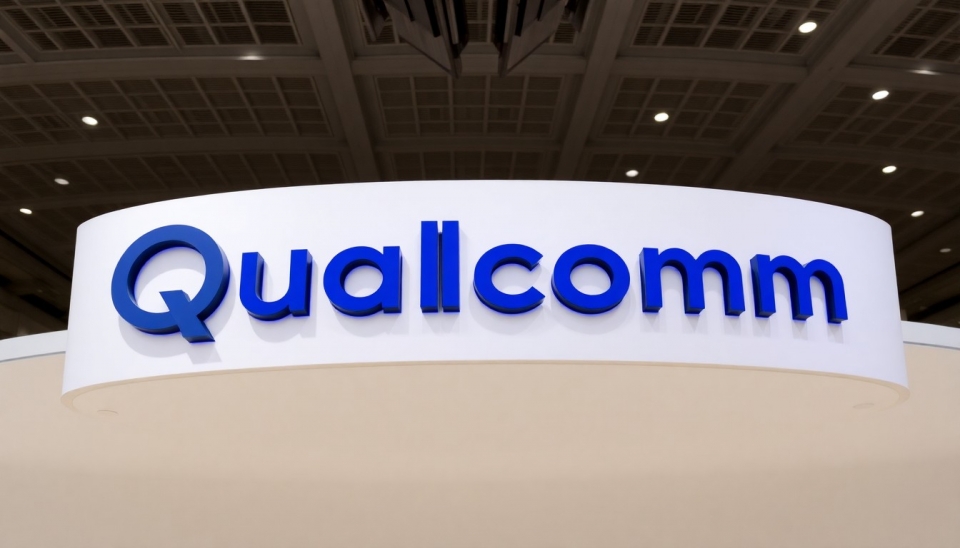
In a significant legal victory for Qualcomm, the company has successfully concluded its licensing dispute with ARM, a prominent player in the semiconductor industry known for designing microprocessors utilized in a vast array of consumer electronics. This outcome paves the way for Qualcomm to continue its innovation in chip design without the looming threat of additional licensing fees that could impact their competitive edge in a rapidly evolving market.
The legal proceedings centered around a disagreement on Qualcomm's rights to use ARM’s architectural designs in its own chip production. ARM, which licenses its technology to a multitude of tech firms, was asserting claims that Qualcomm was infringing on its licensing agreements. However, Qualcomm argued that its use of ARM’s designs fell under permissible conditions of their prior agreements.
The resolution of this dispute is particularly crucial as the global demand for high-performance chips continues to soar. Qualcomm has been at the forefront of developing advanced solutions aimed at powering mobile devices, Internet of Things (IoT) applications, and next-generation automotive technologies. The ability to utilize ARM’s technology without additional restrictions will likely bolster Qualcomm’s position in these expanding markets.
This legal victory is also significant in the context of Qualcomm’s ongoing strategy to diversify its product offerings beyond traditional mobile chipsets. With ARM's designs integral to many devices that incorporate machine learning and artificial intelligence functionalities, Qualcomm's ability to leverage such technology could enhance its growth prospects across various industry sectors.
In a statement released following the verdict, Qualcomm expressed satisfaction with the outcome, emphasizing that it reinforces their commitment to innovation and collaboration within the semiconductor ecosystem. The company underscored the importance of fair licensing agreements that support competitive dynamics within the technology space, which ultimately benefits consumers by fostering advancements in product offerings.
The implications of Qualcomm's victory extend not just to its own operations but also send ripples across the semiconductor industry, potentially influencing how other companies approach their licensing arrangements with ARM and similar entities. As tech companies increasingly navigate a landscape laden with intellectual property disputes and regulatory hurdles, Qualcomm's successful negotiation of this challenge may serve as a benchmark for strategic legal management in the industry.
As the technology landscape continues to evolve, the importance of robust and fair licensing agreements will only increase. Qualcomm's win against ARM not only enhances its operational capabilities but also sets the stage for further innovation in chip technology, reaffirming its status as a critical player in shaping the future of electronics.
For industry's insiders and analysts, this landmark ruling underlines the necessity for clear and equitable licensing terms that enable companies to focus on growth and innovation rather than legal entanglements.
#Qualcomm #ARM #Semiconductor #ChipDesign #LegalVictory #TechnologyInnovation
Author: Emily Collins




